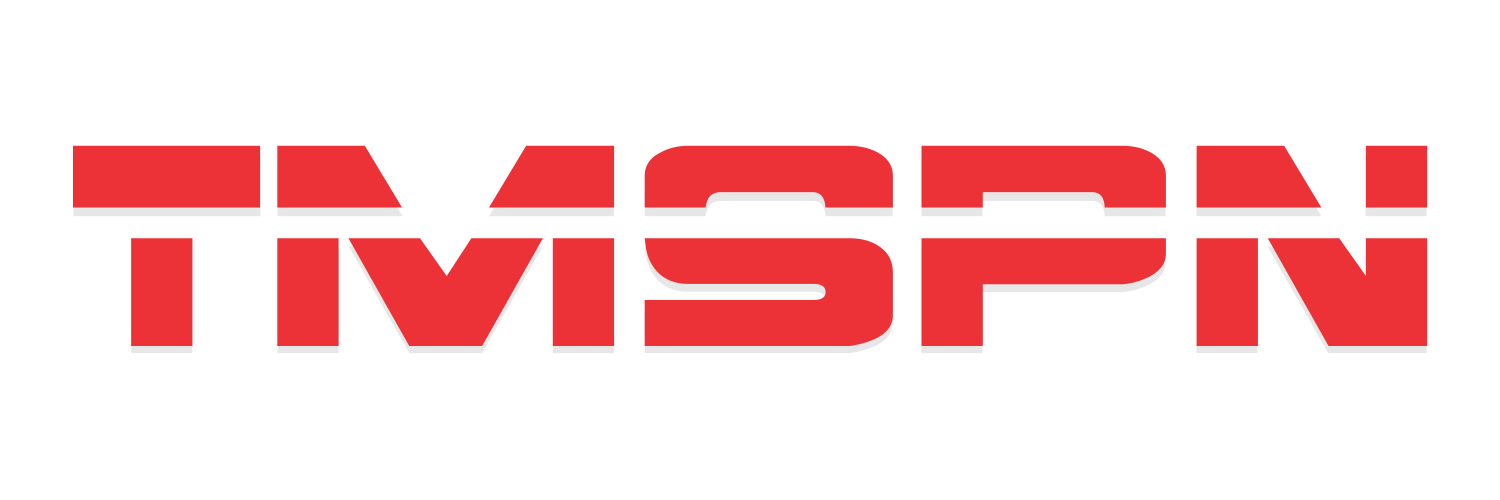Sponsorships, partnerships, brand ambassadors, and other commercial deals between businesses and sports organizations are nothing new. They’ve been around for decades, moving almost unbelievable amounts of cash and improving brand recognition to the companies involved.
Of course, there has always been some controversy behind these deals. After all, not all fans understand the inevitable exchange of money between their beloved sports personalities and the brands they promote. What’s more, some deals are more transparent than others.
When eSports started emerging as serious competitions in the late naughties, few could have imagined the commercial value behind them. Now, they’re undeniably popular and growing in viewership and relevance, especially with younger (and, now, financially independent) audiences that grew with gaming as a significant part of their lives. And businesses are noticing their potential.
With so much audience overlap between eSports viewers and cryptocurrency enthusiasts, it’s a match made in heaven.
Blockchain Casinos and eSports Personalities
It’s not unusual to see betting teams partnered with eSports teams. Betway, for instance, sponsors multiple teams from multiple countries and even a tournament organizer: BLAST.
However, cryptocurrency casinos have realized that their primary audience – young, primarily male, tech-savvy, self-assured go-getters – overlaps with eSports fans. Therefore, it’s no surprise that they are now the proud sponsors of both teams and players.
One of the most high-profile partnerships is the one Stake casino has with Danil ‘Dendi’ Ishutin. After winning the first International with his Navi teammates, the Dota2 Ukrainian player became a legend. He now serves as a brand ambassador for Stake, alongside MMA stars and soccer teams.
However, as we’ll see in another example below, some eSports personalities have been reluctant to associate with online gambling and cryptocurrencies alike.
Cryptocurrency Exchanges and eSports Teams
Of course, it’s not just casinos who are looking to capitalize on the eSports action: crypto exchanges are likewise invested.
2021 was a year for high-profile partnerships between eSports giants and well-known exchanges. Last November, the news was inflamed with word that Coinbase had reached a deal with Team Liquid,
Liquid’s partnership with Coinbase is one of the most high-profile, but examples abound.
For instance, in September, Crypto.com announced a five-year partnership with Fnatic, another multi-sport organization based in London. Details of the deal include possible exclusive NFT launches. In addition, Danish team Astralis also partnered with up-and-comer BYBit.
And that’s not all: equally besotted with the possibilities (and juicy cash deals) of a crypto-partnership was ESL, one of the world’s leading eSports event organizers: they also signed with Coinbase for 2021 and 2022.
Scandalous NFTs
While no major controversy has touched Fnatic so far, the team may come to regret some of the details of its deal with Crypto.com.In July 2021, Twitter was ablaze with the rumours of scandalous NFT deals by two of the most accomplished eSports teams to date: Alliance and OG.
The Dota2 behemoths (now having branched into other eSports) caused an uproar with their sales and handouts of NFTs, which caused some fans and community leaders to worry about the legal and ethical implications.
Most noticeably, Swedish streamer Janne ‘Gorgc’ Stefanovski spoke out against non-fungible tokens and cryptocurrencies and criticized everybody from tournament organizers to event hosts and commentators for colluding with what he perceives to be scams.
The Unlikely Partnership of Team Secret and Uniswap
Another key figure that criticized Alliance and OG was the CEO of one of their biggest rivals in the world of Dota2, Team Secret.However, the eSports team had recently announced an unlikely new sponsor within the same world of cryptocurrencies and blockchain technology: Uniswap.
Besides being a decentralized finance protocol, where users can exchange cryptocurrencies and tokens, Uniswap also has a native token, UNI, which is tradeable and can be used for financial transactions.
Therefore, in a trailblazer move, we now have an actual currency sponsoring a sports team, one that most eSports fans (from Dota2 to League of Legends) will recognize.






